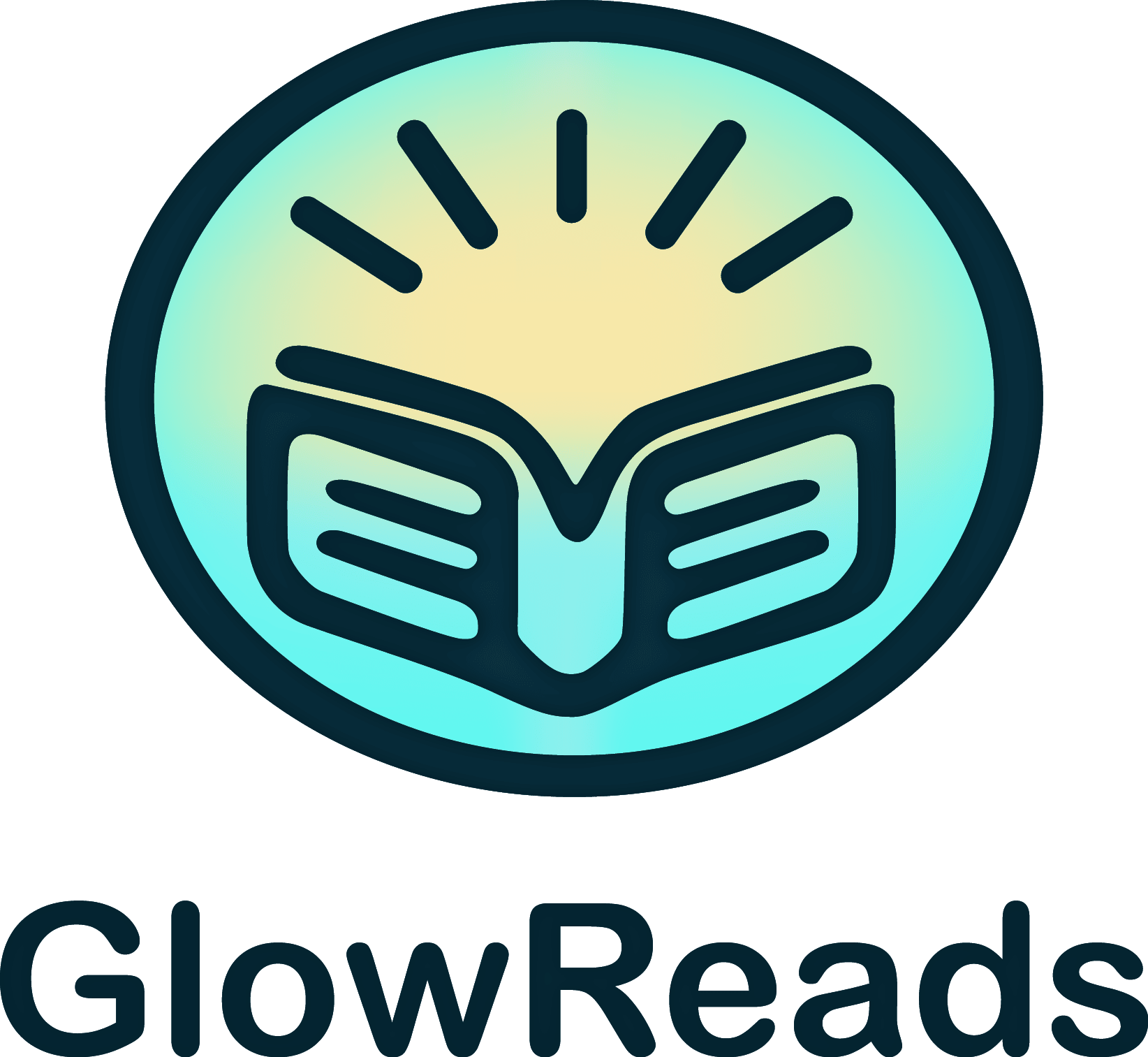Introduction: Prominent epic fantasy authors are those whose works have left a significant impact on the genre, offering readers grand and immersive narratives filled with heroic quests, intricate plots, and vast, richly detailed worlds. These authors are celebrated for their ability to blend creative storytelling with rich world-building, creating expansive realms that captivate readers. By engaging with the works of these authors, readers can explore the wonders of epic fantasy, experience the triumphs and trials of larger-than-life characters, and reflect on the timeless themes that define the genre. Here, we highlight ten prominent epic fantasy authors whose contributions have defined the genre and continue to inspire readers worldwide.
Key Characteristics of Epic Fantasy Authors: Prominent epic fantasy authors are known for their ability to create grand and immersive narratives, often featuring heroic quests, intricate plots, and vast, richly detailed worlds. These authors blend creative storytelling with rich world-building, creating expansive realms that transport readers to fantastical settings. Their works explore themes such as good versus evil, destiny, heroism, and the power of imagination, providing both entertainment and intellectual stimulation. Epic fantasy authors employ various narrative techniques, such as detailed descriptions, complex characters, and multi-volume series, to create a sense of wonder and adventure.
Prominent Epic Fantasy Authors:
- J.R.R. Tolkien: Renowned as the father of modern epic fantasy, Tolkien’s works, including “The Lord of the Rings” and “The Hobbit,” have set the standard for the genre. His rich world-building, complex characters, and exploration of themes such as friendship, bravery, and sacrifice have earned him critical acclaim and a lasting legacy.
- George R.R. Martin: Celebrated for his epic fantasy series “A Song of Ice and Fire,” Martin’s intricate plotting, multi-faceted characters, and exploration of themes such as power, betrayal, and loyalty have made his works, including “A Game of Thrones,” essential reading for fantasy fans.
- Brandon Sanderson: Known for his intricate world-building and innovative magic systems, Sanderson’s works, including “The Stormlight Archive” and “Mistborn” series, are celebrated for their complex characters, engaging narratives, and exploration of themes such as leadership, honor, and sacrifice.
- Robert Jordan: Renowned for his epic fantasy series “The Wheel of Time,” Jordan’s intricate world-building, complex characters, and epic scope have earned him critical acclaim and a lasting legacy. His works, including “The Eye of the World,” are celebrated for their depth and intricacy.
- Patrick Rothfuss: Known for his beautifully written fantasy series “The Kingkiller Chronicle,” Rothfuss’s lyrical prose, rich world-building, and complex characters have earned him critical acclaim and a dedicated following. His works, including “The Name of the Wind,” are celebrated for their depth and intricacy.
- C.S. Lewis: Celebrated for his classic fantasy series “The Chronicles of Narnia,” Lewis’s imaginative storytelling, rich symbolism, and exploration of themes such as redemption and the battle between good and evil have earned him critical acclaim and a lasting legacy.
- T.H. White: Known for his modern retelling of the legend of King Arthur in “The Once and Future King,” White’s engaging narrative, rich character development, and exploration of themes such as leadership, morality, and destiny have made his works classic in the genre.
- Terry Brooks: Renowned for his long-running “Shannara” series, Brooks’s works are celebrated for their rich world-building, engaging narratives, and exploration of themes such as heroism, destiny, and the battle between good and evil. His ability to create expansive and immersive worlds has earned him critical acclaim and a dedicated following.
- David Eddings: Known for his popular “Belgariad” and “Malloreon” series, Eddings’s works are celebrated for their engaging characters, intricate plots, and exploration of themes such as heroism, destiny, and the power of friendship. His ability to blend humor, adventure, and epic storytelling has earned him critical acclaim and a dedicated following.
- Guy Gavriel Kay: Celebrated for his richly detailed and imaginative narratives, Kay’s works, including “The Fionavar Tapestry” and “Tigana,” blend history and fantasy, offering readers complex characters, intricate plots, and exploration of themes such as memory, identity, and the power of storytelling.
Conclusion: Prominent epic fantasy authors have made lasting contributions to the genre, creating works that continue to resonate with readers and offer grand and immersive narratives. By engaging with the works of these influential voices, readers can explore the wonders of epic fantasy, experience heroic quests, and reflect on the timeless themes that define the genre. These prominent epic fantasy authors have defined the genre with their rich world-building, creative storytelling, and exploration of profound themes, making their works essential reading for anyone interested in the magic and adventure of epic fantasy fiction.
